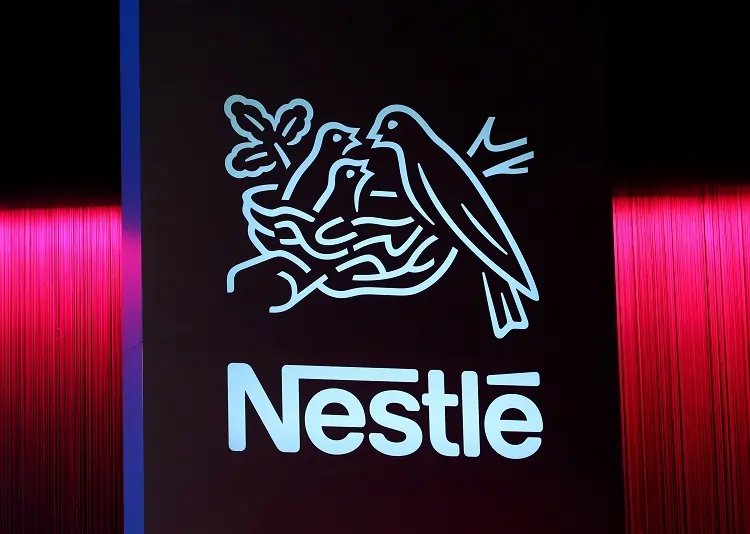Nestle launches protein shots for US weight-loss drug users


By Richa Naidu
LONDON (Reuters) – Nestle is launching protein shots in the United States which it says help suppress appetite for people looking to shed pounds, the latest effort by the world’s biggest packaged food maker to tap the booming market for weight-loss products.
The manufacturer of Kit Kat chocolate bars and Nesquik shakes says its drink sparks a natural reaction in the body which is similar to, but far less powerful than, highly in-demand drugs for weight loss like Novo Nordisk’s Wegovy and Eli Lilly’s Zepbound.
The weekly weight-loss injections mimic an intestinal hormone called GLP-1 and curb people’s appetite, promoting a feeling of fullness.
The shake, called Boost Pre-Meal Hunger Support, is to be consumed up to 30 minutes before a meal and is aimed at people taking GLP-1 drugs or other weight-loss medications. The roll-out started last month.
“You get an increase in natural GLP-1 which helps in controlling the feeling of hunger. So this dose has a significant effect on satiety,” Stefan Palzer, chief technology officer at Nestle, told Reuters.
The shots, sold for $10.99 for a pack of four on Amazon.com and at some CVS stores, contain 10 grams of whey protein, 45 calories, 1 gram of sugar, and are fat-free. They are advertised as promoting a “NATURAL GLP-1 response to a meal.”
Palzer said they could also help people maintain their reduced weight.
Lora Heisler, chair in human nutrition and director of research at the Rowett Institute, said it was unclear if the shot could make a real long-term difference for people trying to lose weight.
“I believe that this protein shot can help release a bit more GLP-1, but you can also possibly have a similar sort of release with a glass of milk,” she said.
Earlier this year, Nestle started selling a new, $5 line of frozen pizzas and protein-enriched pastas in the United States designed for people taking weight-loss drugs.
Analysts estimate the obesity drug market could be worth as much as $150 billion per year globally within a decade.
When U.S. retail giant Walmart said last year it saw a slight pullback in food consumption when people took the medication, it sparked a selloff in shares of companies including Nestle.
The shot, whose formula Nestle has patented, is not intended to replace weight loss drugs and is less powerful than them, Palzer said.
Nestle says the product is based on a mix of peptides which are digested quickly, giving the consumer an amino acid spike that then controls hunger.
Whey protein micro-gels help people digest more slowly, meaning they interact much longer with receptors in the intestine that are releasing the GLP-1 hormone.
In 2021, Nestle said 26 people with type-2 diabetes participated in a randomised study, consuming either a low-dose whey protein microgel or a placebo of water, followed by a meal designed to produce an adequate spike in glucose.
One week into the study, participants who had been taking the whey protein were given the placebo, and those who had been taking the placebo were given the whey protein.
Results showed that during the two hours after the meal, glucose levels were reduced by 22% in the whey-protein group compared with the placebo group. There was also a positive effect on the hormone GLP-1.
(Reporting by Richa Naidu. Additional reporting by Maggie Fick. Editing by Josephine Mason and Mark Potter)
GLP-1, or glucagon-like peptide-1, is a hormone that helps regulate appetite and insulin secretion, promoting a feeling of fullness after eating.
Protein shots are concentrated beverages designed to provide a quick source of protein, often used to support weight management and muscle recovery.
Appetite suppression refers to the reduction of the desire to eat, which can be achieved through various means, including dietary supplements or medications.
Explore more articles in the Business category











